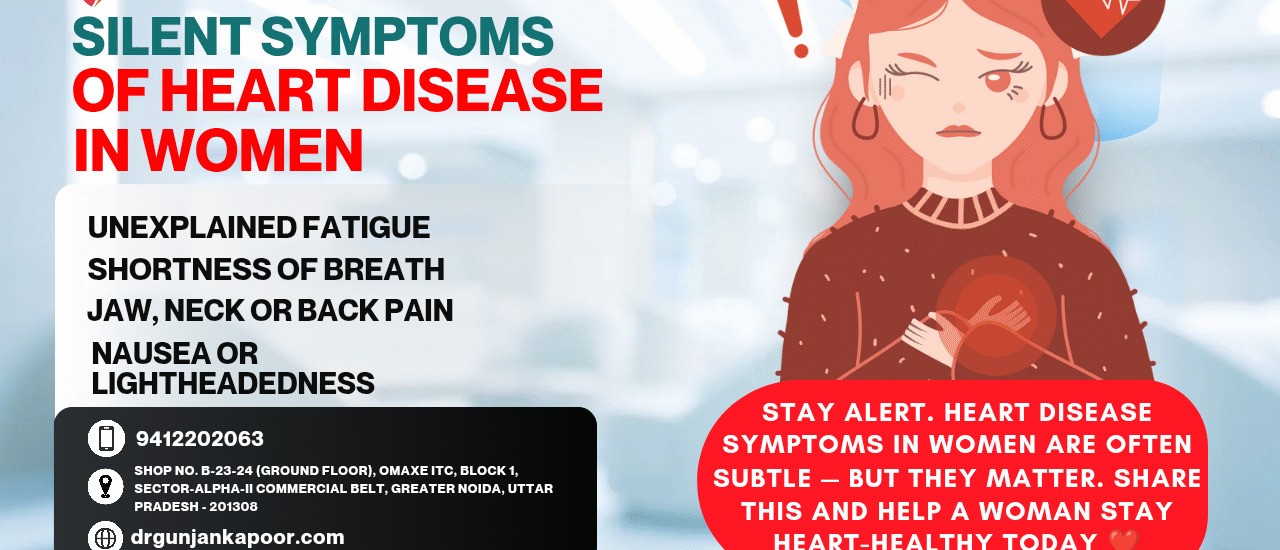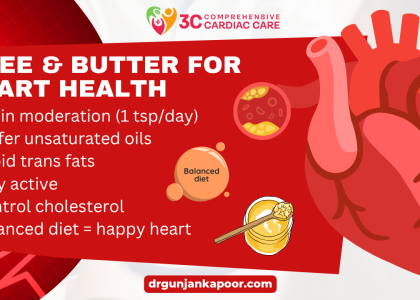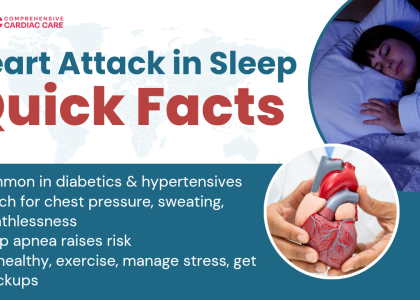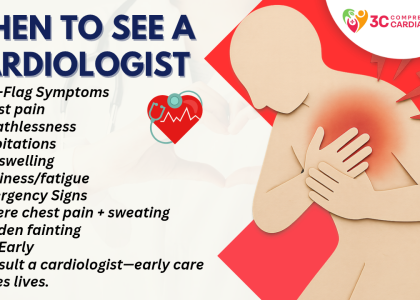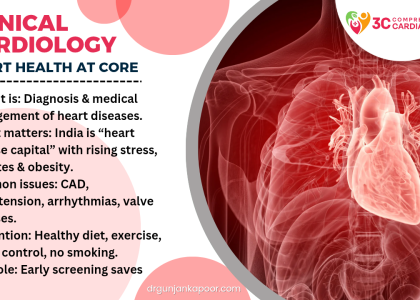Heart disease has long been viewed as a predominantly male issue. But here’s the truth: heart disease is the leading cause of death for women globally, often striking without the dramatic symptoms seen in men. For women, the warning signs can be subtle, mistaken for everyday fatigue or stress — and that’s what makes them so dangerous.
This blog aims to shed light on the silent symptoms of heart disease in women. Understanding these signs can help save lives — maybe even yours or someone you love.
Why Women Need to Pay Extra Attention
Many women ignore heart-related symptoms either because they don’t feel “serious” enough or because they simply don’t believe it could be their heart. Unlike the classic crushing chest pain often portrayed in movies, women’s heart symptoms can be less dramatic but equally deadly.
Hormonal changes, especially after menopause, increase the risk of heart issues. Lifestyle stress, multitasking between family and work, and often putting their own health last makes women particularly vulnerable to missing the early signs.
The Silent Symptoms You Shouldn’t Ignore
Let’s dive into the key symptoms of heart disease in women — the ones that are often misread, delayed, or overlooked:
❤️ 1. Unexplained Fatigue
Ever felt extremely tired, even after a full night’s sleep? Not the usual tiredness — but a kind of fatigue that makes simple tasks feel overwhelming. This could be an early warning sign of heart trouble. Many women report feeling drained days or even weeks before a heart attack.
What to watch for: Fatigue that lingers, is sudden, or worsens with activity.
❤️ 2. Shortness of Breath
If you’re suddenly struggling to catch your breath while walking, climbing stairs, or even resting — take it seriously. Shortness of breath (dyspnea) can signal a heart that’s not pumping properly. Women may experience this without any chest pain at all.
What to watch for: Breathlessness that feels new, unexplained, or worsens over time.
❤️ 3. Jaw, Neck, or Back Pain
This symptom is often missed because we don’t associate jaw or back pain with heart trouble. For women, pain can radiate to the neck, shoulders, upper back, or jaw — and may feel like pressure, tension, or a dull ache.
What to watch for: Pain that occurs suddenly or comes and goes without a clear cause.
❤️ 4. Nausea, Dizziness, or Lightheadedness
Have you ever felt nauseous or dizzy with no clear explanation? While it could be due to other causes, these symptoms can also indicate a heart attack — especially when combined with sweating, chest discomfort, or fatigue.
What to watch for: Nausea that comes with pain, shortness of breath, or dizziness not linked to food, heat, or motion.
The Emotional Side: Anxiety & Discomfort
Some women describe their heart attack experience as feeling anxious, “off,” or a sense of doom. Others report indigestion, cold sweats, or even a feeling of choking or tightness — not necessarily pain — in the chest.
These symptoms are often mistaken for panic attacks, acid reflux, or stress. That’s why awareness is so important. Your body knows when something is wrong. Listen to it.
What Increases Risk in Women?
Understanding risk factors helps you take preventive steps. Some major risk factors include:
-
High blood pressure
-
High cholesterol
-
Smoking
-
Diabetes
-
Menopause
-
Family history of heart disease
-
Obesity or inactive lifestyle
-
Chronic stress or depression
Women with diabetes are at an even greater risk, as it cancels the protective effect estrogen has on the heart before menopause.
When to Seek Help?
Don’t wait for chest pain. If you experience any of the silent symptoms listed above — especially in combination — seek medical attention immediately. Early detection can save your life.
If you feel breathless, fatigued, nauseous, or have pain in the upper body — go to the emergency room or call your doctor.
How Can Women Protect Their Heart?
-
✅ Regular check-ups – Know your blood pressure, cholesterol, and sugar levels.
-
✅ Healthy eating – Focus on fruits, veggies, whole grains, and lean proteins.
-
✅ Stay active – Aim for 30 minutes of moderate exercise most days.
-
✅ Quit smoking – Even occasional smoking increases risk.
-
✅ Stress management – Meditation, yoga, or therapy can help.
-
✅ Know your symptoms – Trust your instincts and take action.
Final Thoughts: Let’s Break the Silence
Heart disease is not just a man’s problem — it’s a woman’s silent killer. The symptoms may whisper, but their impact is loud and clear. By raising awareness and recognizing the signs early, you’re giving yourself the best chance at a long, healthy life.
Let’s stop dismissing fatigue as “just tired,” or back pain as “just stress.”
It might be your heart calling for help — don’t ignore it.

